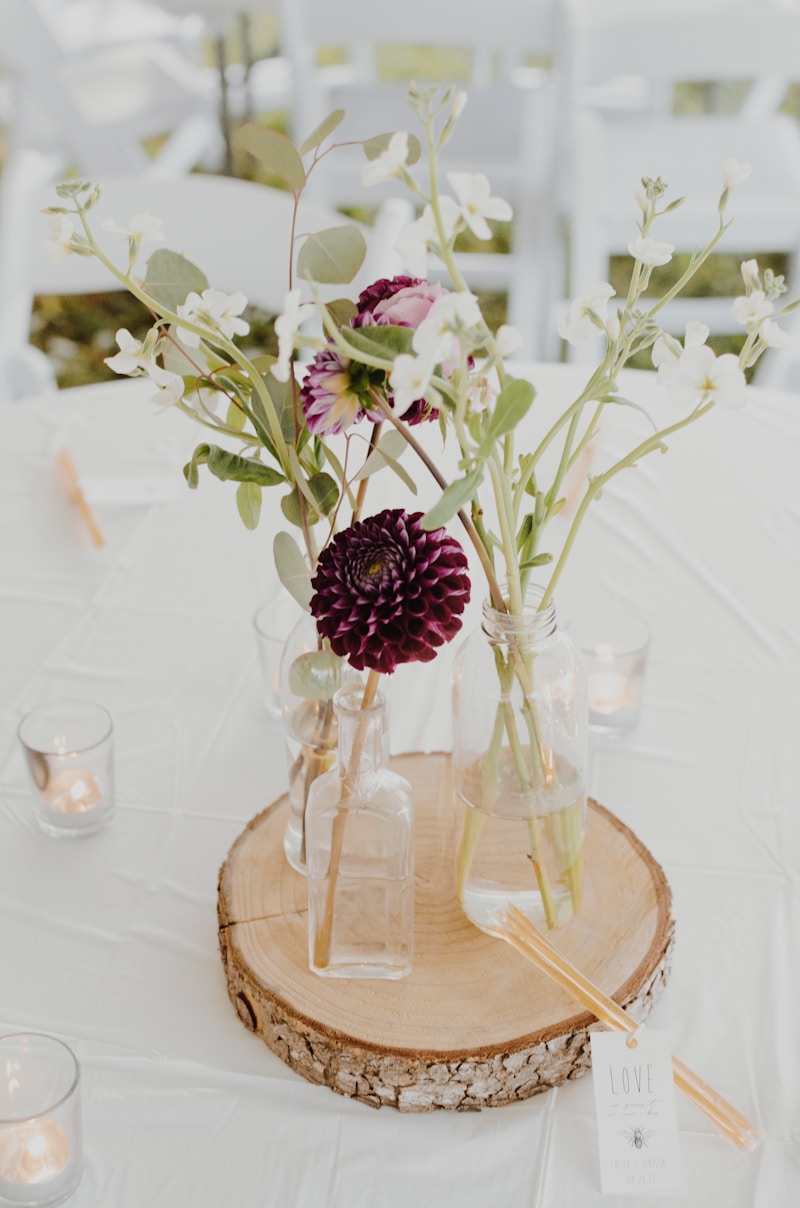Exploring Traditional Wedding Feasts and Cuisine: A Culinary Journey Through Cultures
Wedding celebrations are not just about the union of two souls; they are also a grand feast that embodies the essence of cultural traditions and culinary artistry. Traditional wedding feasts and cuisine vary significantly across different cultures, reflecting unique customs and flavors. In this article, we will explore the vibrant world of wedding cuisines from around the globe, delving into the significance of these dishes, common elements in traditional wedding feasts, and how they bring families and communities together.
The Cultural Significance of Wedding Feasts
Wedding feasts are more than just meals; they symbolize unity, hospitality, and celebration. In many cultures, the food served at a wedding is imbued with meanings and reflects the history and the values of the community. For example, in Chinese culture, the number of dishes served is often linked to good fortune, with an emphasis on eight (八) being a lucky number. Similarly, in Middle Eastern cultures, sharing food signifies generosity and the spirit of family.
Common Elements in Traditional Wedding Cuisines
While there is immense diversity in wedding cuisines worldwide, some common elements often stand out:
- Symbolic Ingredients: Many cultures utilize specific ingredients believed to bring luck, prosperity, or fertility. For example, rice symbolizing fertility and abundance is often featured in Asian weddings.
- Family Recipes: Traditional dishes passed down through generations often take center stage, as they hold family stories and heritage.
- Shared Plates: In various cultures, food is served in communal fashion, promoting togetherness and shared joy during the celebration.
Regional Variations of Traditional Wedding Feasts
Let's take a closer look at some traditional wedding feasts from different cultural backgrounds:
| Culture | Traditional Dishes | Significance |
| Indian | Biryani, Sweets like Gulab Jamun | Symbol of richness and celebration |
| Mexican | Tacos, Tamales, and Tres Leches Cake | Reflection of heritage and family gatherings |
| Italian | Pasta, Osso Buco, and Tiramisu | Emphasis on family; meals last several hours |
| Greek | Moussaka, Spanakopita, and Baklava | Celebration of unity and culture |
| Chinese | Dumplings, Peking Duck, and Longevity Noodles | Good fortune and longevity wishes |
Iconic Dishes and Their Meanings
Each dish served during a wedding feast often bears a meaning. In Indian weddings, the use of spices in dishes symbolizes the importance of flavor in married life. In contrast, in a traditional Chinese wedding ceremony, the sweet red bean paste in desserts represents happiness and good fortune. Understanding these meanings enhances the appreciation of the meal and the festivities.
Presenter of the Feast: Family and Community
A wedding feast is often presented by families, symbolizing their blessings and commitment to the newlyweds. In many cultures, the preparation of food can take several days, allowing family members to come together and bond during the process. This not only strengthens family ties but also showcases a sense of community and collective participation in the celebration.
Modern Twists on Traditional Wedding Cuisines
While many couples honor traditional wedding cuisines, modern twists are becoming increasingly popular. Couples are now blending culinary traditions or incorporating personal favorites into their wedding menus. For instance, a couple may choose to serve their favorite street food alongside traditional dishes, creating a unique dining experience that reflects their journey as a couple.
Sustainability and Health in Wedding Feasts
With the growing consciousness surrounding health and sustainability, many couples are opting for organic, locally-sourced ingredients for their wedding feasts. This not only supports local farmers but also contributes to reducing the carbon footprint of the event. Moreover, couples are exploring vegetarian and vegan options, ensuring inclusivity for all guests.

Planning the Perfect Wedding Feast
When it comes to planning a wedding feast, here are essential tips to consider:
- Guest Preferences: Understand dietary requirements and preferences to ensure everyone can enjoy the meal.
- Catering Options: Choose between hiring a caterer, considering food trucks, or preparing homemade dishes, depending on your budget.
- Menu Variety: Offer a mix of traditional dishes from both families and modern favorites to cater to diverse palates.
- Presentation: The visual appeal of the food adds to the overall experience; consider creative plating and serving methods.
Conclusion: A Culinary Journey through Love and Tradition
Traditional wedding feasts and cuisine celebrate not only the union of two individuals but also the tapestry of culture, family, and community. Each dish tells a story, enriching the wedding celebration with flavors and meanings that will be cherished for years to come. When planning your wedding feast, remember to honor traditions but also explore ways to make it unique to you and your partner. Ultimately, the goal is to create memorable moments through food, surrounded by loved ones, as you embark on your new journey together. Keep these tips in mind for a delightful and meaningful wedding celebration that resonates with joy and tradition.
As you embark on this exciting journey, be sure to consider the cultural significance and personal connections to the food you choose, ensuring your wedding feast reflects your love story beautifully.